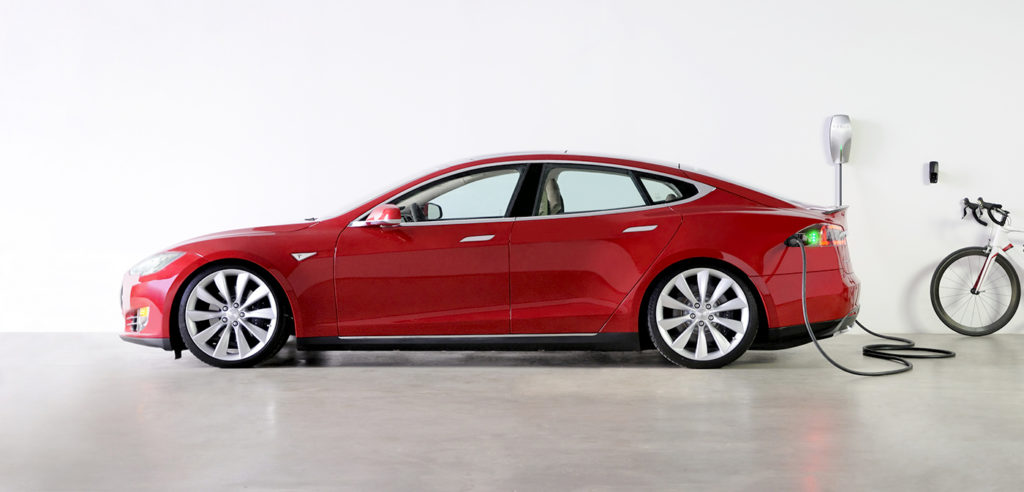Ford Motor plans to double its electrified vehicle spending is part of a rush to invest in batteries and electric cars by global automakers that now totals $90 billion and is still growing. Ford is investing $11 billion.
Although electric cars are about 1% of all new car sales globally, sales should double this year and will head for a strong ramp to dominating new car sales by 2030.
“Tesla faces real competition,” said Mike Jackson, chief executive of AutoNation Inc, the largest U.S. auto retailing chain. By 2030, Jackson said he expects electric vehicles could account for 15-20 percent of New vehicle sales in the United States.
Investments in electrified vehicles announced to date include at least $19 billion by automakers in the United States, $21 billion in China and $52 billion in Germany.
But U.S. and German auto executives said in interviews on the sidelines of the Detroit auto show that the bulk of those investments are earmarked for China, where the government has enacted escalating electric-vehicle quotas starting in 2019.
China will require automakers to comply with a cap-and-trade auto emission rule starting from 2019, the Ministry of Industry and Information Technology. Car companies with annual sales of more than 30,000 vehicles would have to meet a quota of 10 percent being New Energy Vehicles (NEV’s), meaning all-electric battery vehicles or plug-in hybrids.
That level would rise to 12 percent of sales in 2020, the ministry added, and automakers which weren’t able to meet the quota would have to buy credits.
China has set a goal for NEVs to make up at least a fifth of Chinese auto sales by 2025.
BYD Chairman Wang Chuanfu has stated he expects all new vehicles in China will be “electrified” by 2030, which could range from full electric cars to mild hybrids.


Brian Wang is a Futurist Thought Leader and a popular Science blogger with 1 million readers per month. His blog Nextbigfuture.com is ranked #1 Science News Blog. It covers many disruptive technology and trends including Space, Robotics, Artificial Intelligence, Medicine, Anti-aging Biotechnology, and Nanotechnology.
Known for identifying cutting edge technologies, he is currently a Co-Founder of a startup and fundraiser for high potential early-stage companies. He is the Head of Research for Allocations for deep technology investments and an Angel Investor at Space Angels.
A frequent speaker at corporations, he has been a TEDx speaker, a Singularity University speaker and guest at numerous interviews for radio and podcasts. He is open to public speaking and advising engagements.

